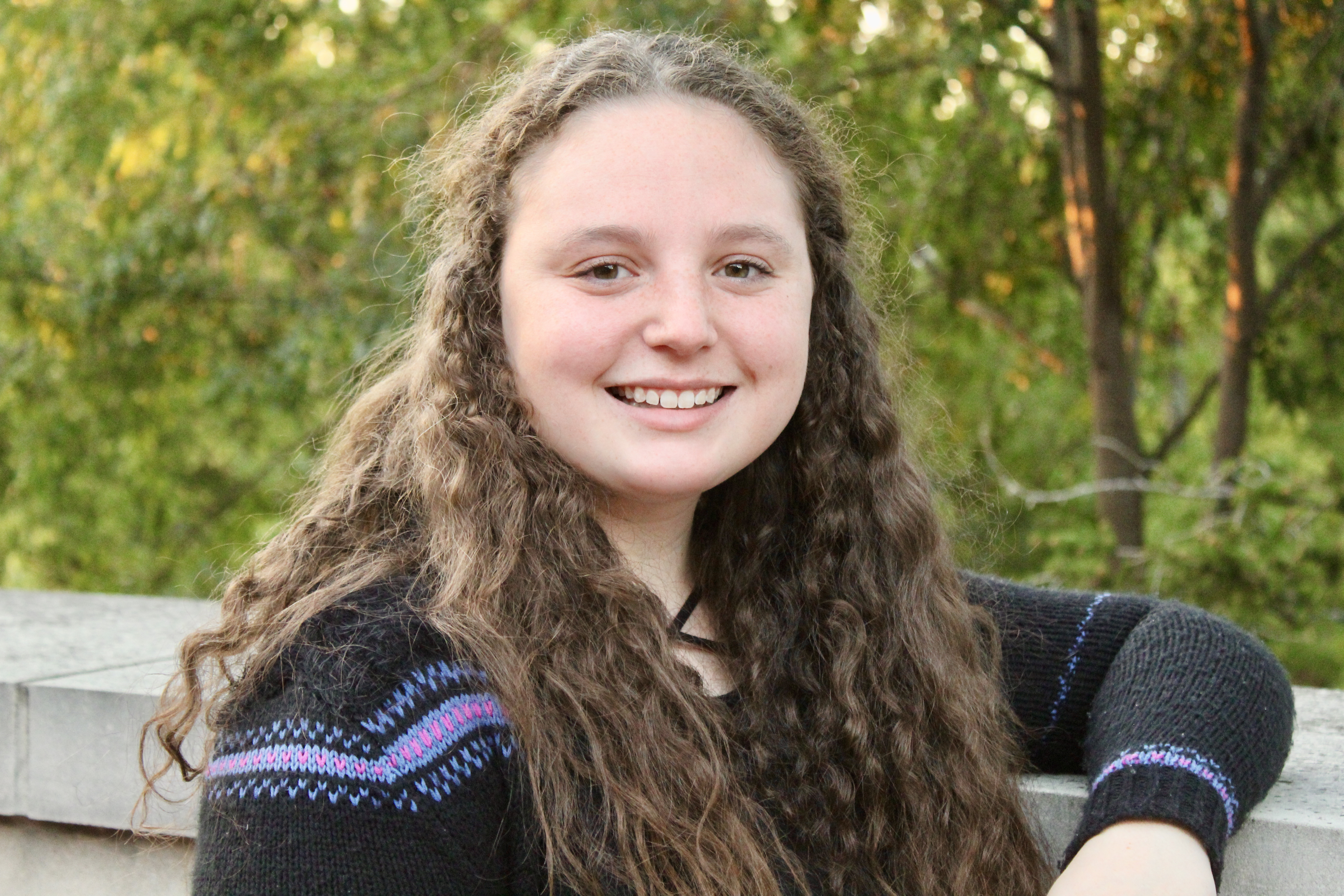Research can be intimidating, and many people fear the idea of being given an independent research project as an undergraduate, especially as a freshman coming into college. At IU, there are many ways to get involved in research as an undergraduate, but the ASURE program takes that to a new level by immediately immersing freshmen into the world of research from various fields of study.
The ASURE (Arts and Sciences Undergraduate Research Experience) is a two to three semester program that offers incoming freshmen the chance to develop skills in their area of research. They offer many different topics of research from various disciplines from biology, earth sciences, languages, and even history. It is a great opportunity for students to get involved in research on such a big campus and make connections with faculty who can act as mentors for them in the future if they wish to pursue their research further.
Many students regardless of the discipline they are studying have had positive experiences in ASURE, even if they didn’t know what they were getting themselves into at the beginning. Doing independent research surrounded by peers and with a faculty mentor helps students to ask more questions and be given more direction as they start conducting their research for the first time.
Savannah Price, a history major, did an independent research project on the humanities track of the ASURE program. She said, “I had the support I needed as a brand new freshman who had never looked at Google Scholar before. It wasn’t too collaborative with peers because we were all doing independent projects, but I relied a lot on my classmates in the program to reaffirm I wasn’t the only one lost so by the end we are all more experienced.”
There are also important skills being acquired when it comes to natural and physical sciences. Although the exact topics of research vary, important skills are acquired when it comes to bench work, experimental design, data analysis, and just thinking about how to solve the various problems that can occur when conducting research.
Olivia Pickard, a biology major on the premed route, said, “ASURE definitely helped me with my scientific writing, and even reading sources as well. When I came into the ASURE program I didn’t really know how to read scientific literature. Now I know how to gather information and apply it to what I am working on in my independent project.”
Raya Haghverdi, a neuroscience major, spoke about her experience in ASURE and said, “When I was first going into ASURE, I thought research might be kinda boring since all I knew in terms of education was sitting through lectures. However, I found out that research involves a lot of creativity and getting your hands dirty, which was really enjoyable. I always did my own work with my lab partner... and we saw science happen right in front of us, because of our actions. It was so cool.”
The ASURE program allows for students to see the whole process of research from conception to completion. This is important because it can make research seem more plausible and focused on the process rather than results.
Megan Myles, a double major in biology and sociology, said ASURE, “has exposed me to formulating my research questions and experimental designs. I am not sure if the career I end up pursuing will involve research or not, but either way, this program exposed me to higher-level thinking and plan development and application.”
Even students who do not plan on pursuing research after their experience in ASURE have gained important skills and knowledge that can impact the way they view research and science as a whole. Being able to discuss research and its processes and purpose, in general, is a great asset to have when moving forward in any field.
Overall, the ASURE program is a great opportunity on campus for incoming students to learn more about what research is and how to participate in it. It helps to inspire a culture of curiosity on campus by giving students a head start on how to get involved in research and setting them up for success in the future.


